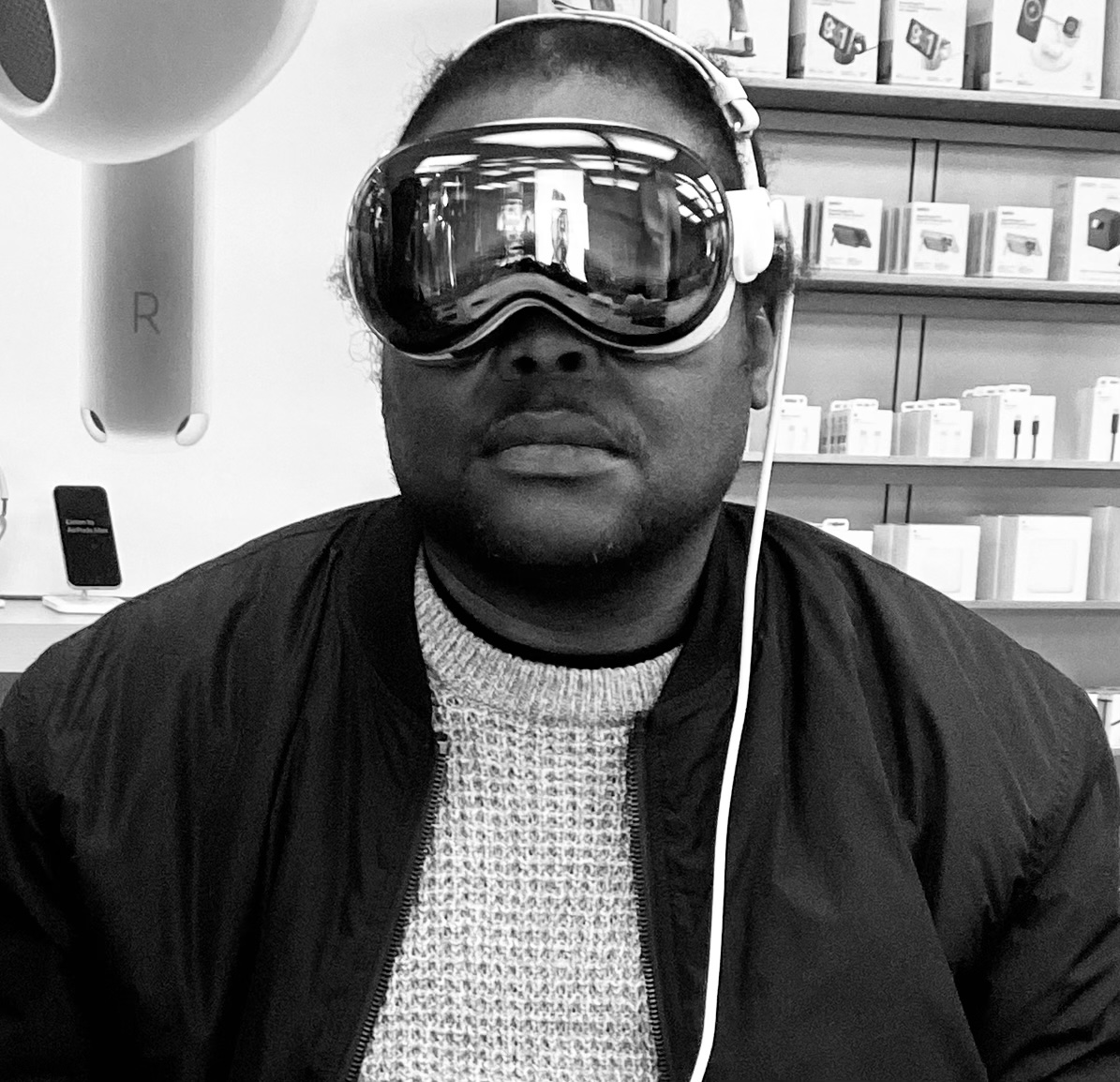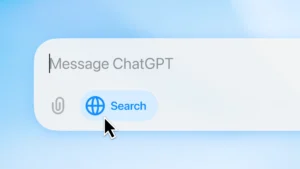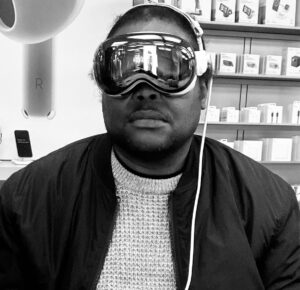When we were younger, we had to memorise multiplication tables without calculators. We could easily remember our phone numbers, as well as those of family members, friends, and even our bank account numbers.
I would browse through the volumes of the New Standard Encyclopaedia we had at home, consuming every piece of information with curiosity. When one of the alphabetically ordered volumes went missing, I would go to my friends’ houses to investigate. After everyone denied taking it, I’d huff, curse, and even cry as if a part of me had disappeared.
I may not have been great at maths, but I had broad general knowledge across science, history, politics, and geography. I could look at a word and trace its origin or connect it to someone in history—whether it was Latin, political, or biological.
Then, I discovered Microsoft Encarta, a multimedia encyclopedia that brought me immense happiness. Encarta was unlike traditional encyclopedias, it didn’t just contain text; it included sound and videos of historical events and facts. By then, I’d come to terms with the loss of our family encyclopedia series.
Encarta offered me enormous benefits—it felt like having a reference library available 24/7. Then I discovered Wikipedia, and eventually Google Search. At this point, the value of traditional encyclopedias quickly faded for me.
\My first computer ran MS-DOS as its operating system.
In today’s context, it might seem like the least user-friendly software (especially with the advanced interfaces and countless commands and scripts now available), but MS-DOS’s terminal was the most sophisticated technology I had encountered at the time. I learned as many command prompts as I could, each unlocking a new layer of capability. Using command prompts to read, copy, and retrieve files from a directory or floppy disk, or even navigating WordPerfect, was fulfilling and grew my confidence.
MS-DOS laid the foundation for my understanding of the Microsoft Windows ecosystem, as it was through DOS commands that I installed Windows. Windows introduced me to the vibrant world of graphical user interfaces (GUI) in Windows 95, 98, NT, 2000, Me, and, the exceptional Windows XP. With each new version of Windows, the user experience became more intuitive, installations became simpler, and I gradually forgot the old DOS commands.
Why am I telling this story? Because with each new tool, the previous technology became redundant. Tasks became simpler, but with that simplicity came a decline in mental effort. As I began accessing information instantly through Google, I became less interested in storing it in my mind.
Generative AI has introduced a new level of self-doubt and has triggered a feeling of intellectual inadequacy in me. AI is making my skill set less relevant, as prompting and automation accomplish more in less time.
Automation is also leading companies to cut down their workforce. Google’s CEO recently stated that AI now powers 25% of their code. For a company with around 27,000 software engineers, 25% means approximately 7,000 jobs that have either been eliminated or are at risk, similar to how Google Search rendered Microsoft Encarta obsolete.
What concerns me most are the children in primary and secondary schools who, today, have easy access to calculators and formulas from their smartphones. How much of the multiplication table will they truly need? And what becomes of knowledge when they can simply prompt ChatGPT for instant answers? They won’t need to research, process, or store knowledge—they’ll just prompt GPT for answers.
If there’s any takeaway from this reflection, it’s this: Protect your curiosity and ability to think logically. Be mindful of your learning process, which matters more than just acquiring knowledge. If you understand the journey to your destination, you’ll never be lost.






